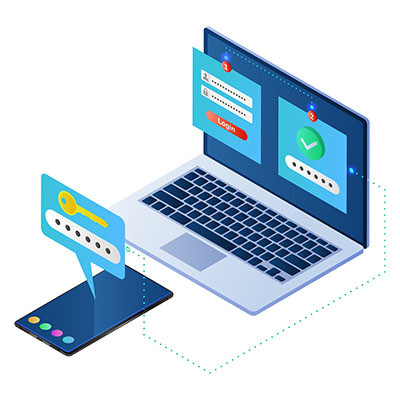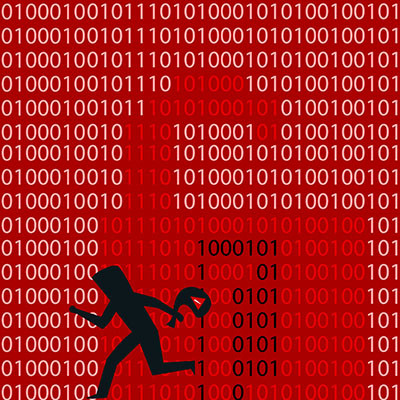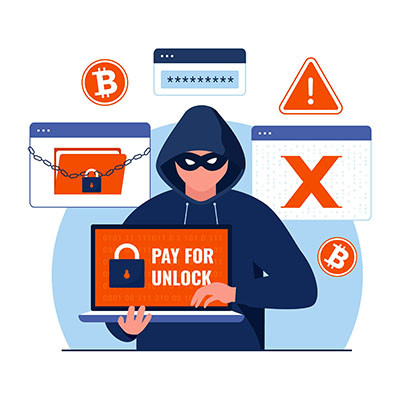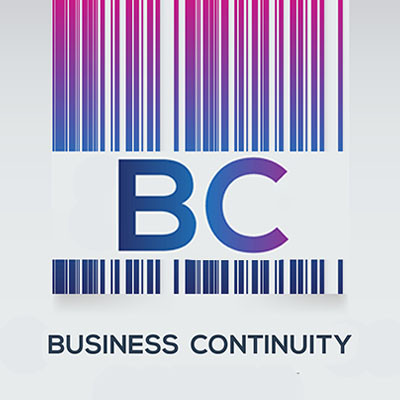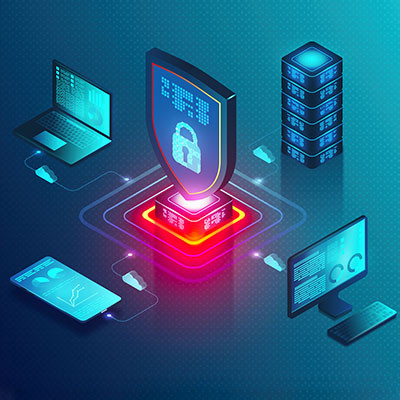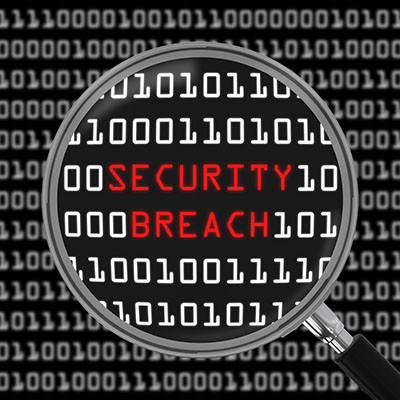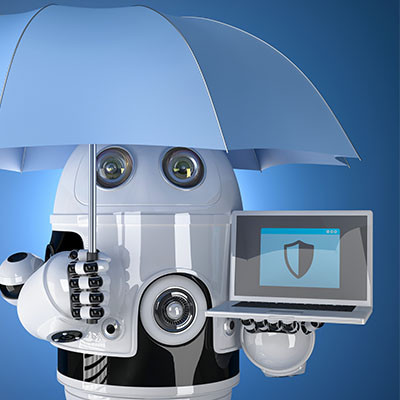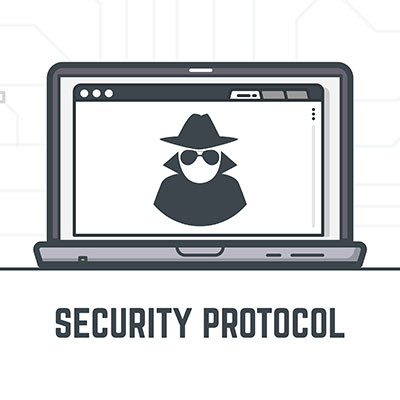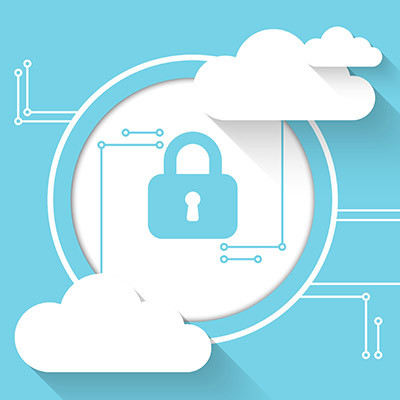User authentication is a critical security feature for a business, specifically because it helps to minimize a significant threat to your business. This is why we’re so adamant that you should require multi-factor authentication wherever it is available… but is a better way to authenticate your users on the horizon?
Apex Technology Blog
Okay, let’s say you’ve been infected by a ransomware attack, and (against our advice) you’ve elected to pay the ransom. That’s the biggest cost that comes with it, right?
Unfortunately, wrong. A ransomware attack comes with a lot more financial impact than just the payment the attacker demands. Let’s go over some of these other costs that can actually outpace that of the ransom.
There is always the possibility that you have been involved with a data breach and you simply have not been contacted by the affected party. Plus, if a hacker has managed to crack a website or service without being detected, you wouldn’t be notified in any case, either. Ask yourself this question: if I were to be involved with a data breach, how would I know it, and what can I do about it? And what is my data being used for anyway?
Let’s begin by making one thing abundantly clear—all businesses and industries could potentially be targeted by ransomware, regardless of their size or target audience. However, as of late, some industries have been targeted more and more. Let’s examine some of the commonly targeted industries that ransomware is frequently waged against.
Your business is your livelihood, so it only makes sense to invest in its protections so that your livelihood is secure. This will require a strategic approach. Let’s go over what your business needs to remain sufficiently secure, and what you should look for from each to get the best, most secure option.
Let’s get right to brass tacks. Your business is likely vulnerable to cybersecurity attacks. There are a whole lot of things you should be doing to protect your organization, but this one task is something you can do right now to save your business a lot of stress if something were to take down your network and cause a major disruption.
Have you ever wondered how some platforms will only have you log in once for all of your various needs, even though they might be different applications, websites, or services? This is essentially what single sign-on is, and it’s quite common in the technology world today. What is single sign-on exactly, and what kind of security does it actually provide for organizations that use it?
Businesses today have to deal with more potential problems than in any time in history. They are dealing with cost increases at every turn, personnel shortages, and a regulatory landscape that is always evolving. One of the biggest issues that can have a negative effect on a business is not having the processes and resources in place and working to secure its data and network. Today, we will look at five suggestions that can work to help your business keep its network and data more secure.
Security is an incredibly important part of running a business, but it’s extremely easy for busy employees to fall short of the security expectations you might place on them. This is why it is so important to train your employees on the many facets of cybersecurity. By training them, you are preparing them to tackle the plethora of challenges they will encounter throughout the workday.
Due to the increasing complexity and rapid growth of the cybersecurity industry, businesses need to stay ahead of developing threats designed to undermine advancements in the latest and greatest security technologies. One way that researchers have used to fight against threats is through the use of artificial intelligence. It’s possible that this emerging technology could be the key to fighting back against cyberattacks.
How many security solutions does your organization have implemented at any given time? Traditionally, businesses have implemented what we call “point solutions,” which are software tools designed to address a specific part of your security infrastructure. While this approach is certainly better than not having security at all, it presents several problems that must also be addressed in order to most effectively protect your organization.
Your company’s email is one of its most important pieces of technology, and since that is true for nearly every business, it is unfortunately one of the most utilized attack vectors used by cybercriminals. Most businesses don’t understand just how vulnerable they are if their email isn’t properly secured and do their best to keep their employees trained on how to spot potential scams.
With many people continuing to work remotely to some extent, it would be irresponsible not to acknowledge that remote work can introduce a level of risk to an organization’s cybersecurity. This makes it all the more important that this security is locked down. Let’s discuss the concept behind zero-trust security, and why it is becoming the benchmark that organizations of all sizes should meet.
While protecting the credit card data you collect from your customers and clients is obviously important, you likely also have a line of credit for your business’ use that you need to think about as well. Let’s turn our focus to that card for a moment and discuss some tips and best practices to keep this company resource safe.
Passwords have been a primary data security measure since 1960, when MIT researcher Fernando Corbató suggested the practice—although even he is reportedly slow to take full credit. Why? Well, if you ask Corbató (and his contemporaries, who were the first to implement passwords as we’d recognize them today), the security concerns were limited.
So, have we reached the point where it would be best to replace passwords as the default authentication measure?
The cloud is far and away one of the most beneficial technologies that a modern business has at its disposal. Unfortunately, the same can be said for modern cybercriminals. The cloud has given cybercriminals new opportunities that are important to acknowledge—as well, of course, to protect your business against.

